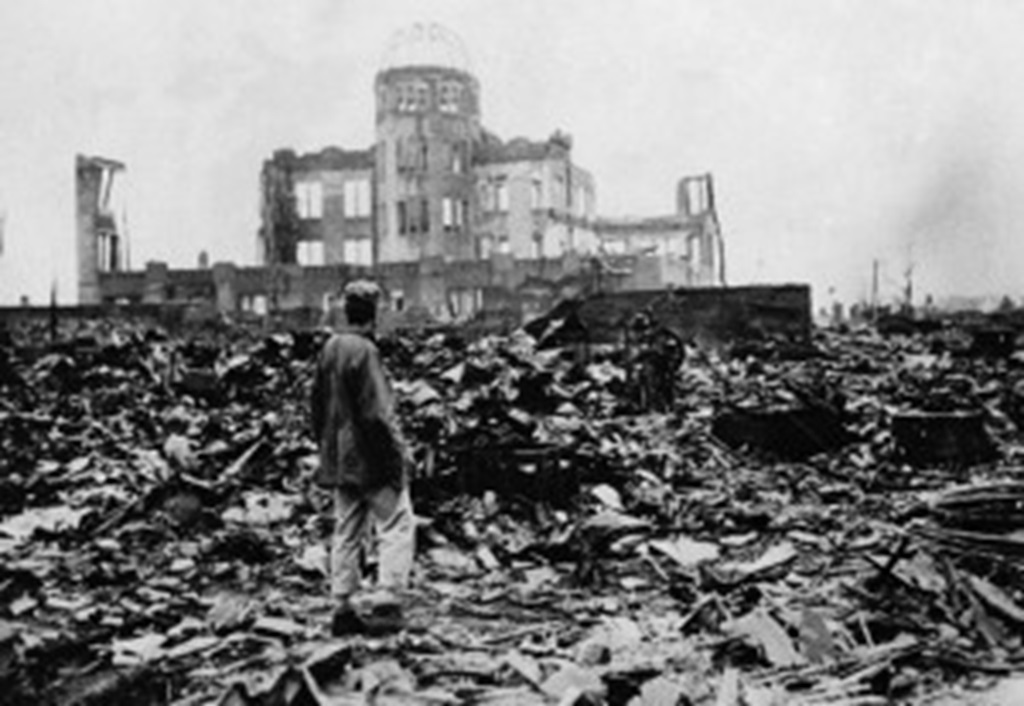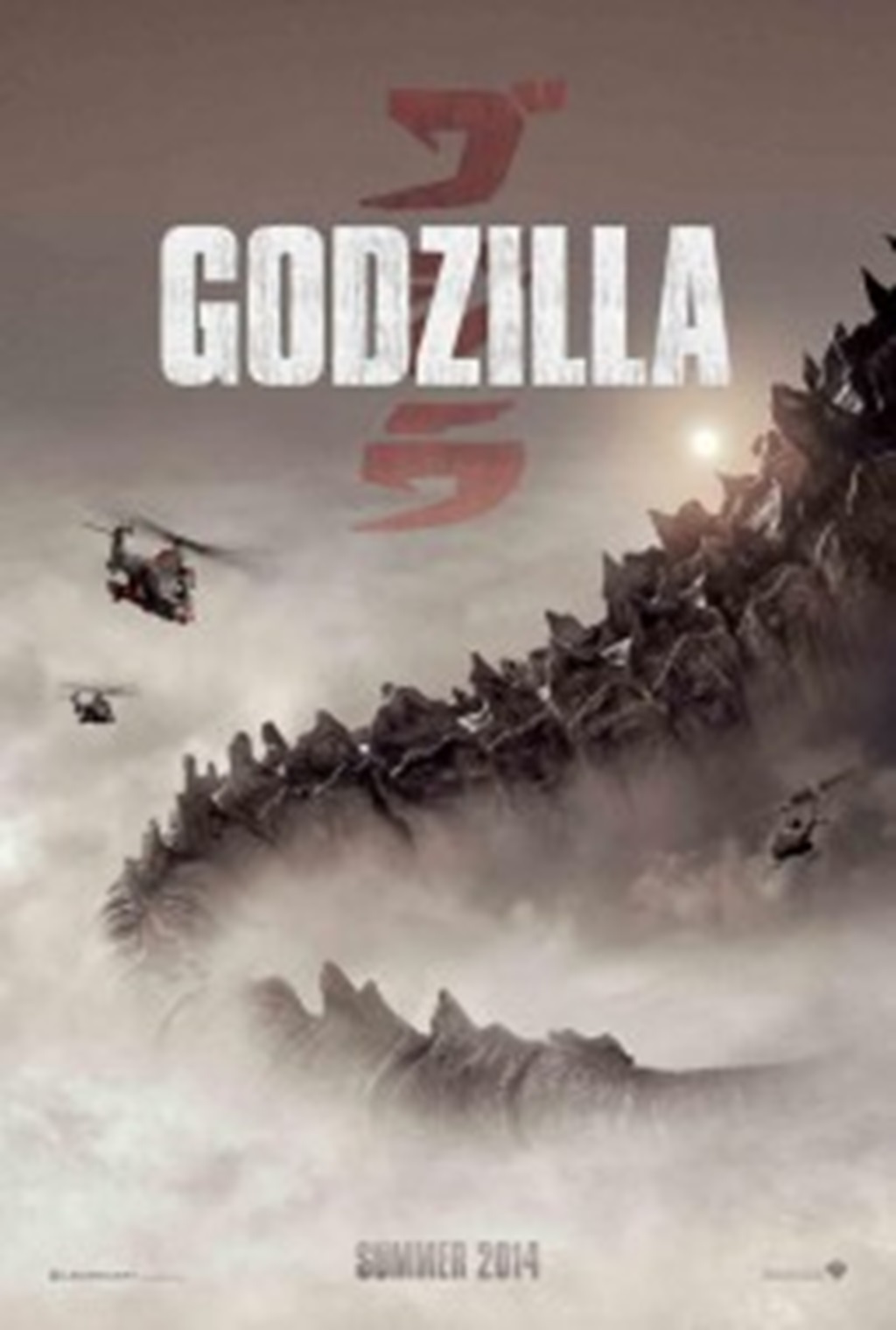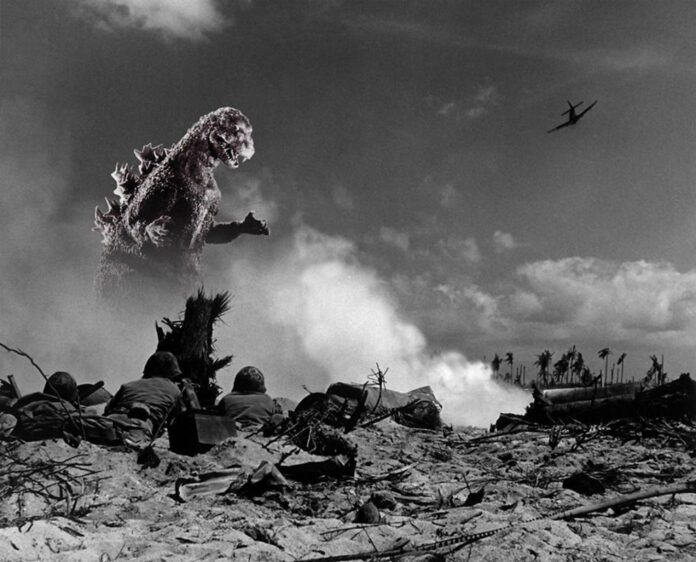The release of the new Godzilla (2014) film in theaters coincides with the 60th anniversary commemoration of Ishiro Honda’s 1954 Japanese classic, Gojira, which is quietly being shown in U.S. art-house cinemas.
Honda’s film serves as a reminder of the politically charged origins of Godzilla, tied to the Cold War tensions and the complex postwar relationship between Japan and America.
While Godzilla is commonly understood as a metaphor for the atomic bombings of Hiroshima, Gojira was a subtle critique of the catastrophic consequences initiated by Harry Truman without explicitly naming the United States.
Godzilla, Whitewashed: A Special Report
The author argues that Hollywood’s attempts to reimagine Japan’s iconic low-tech monster in its style reveal an inability to portray an honest depiction of Godzilla.
The new movie is criticized for distorting history to avoid addressing America’s involvement in the monster’s origin.
For instance, the film presents a vague narrative where Godzilla is portrayed as an ancient sea creature that emerges after World War II to feed on radioactive material.
It features footage of the monster swimming ashore at the Marshall Islands, coinciding with a hydrogen bomb detonation, suggesting that the nuclear testing program was an unsuccessful attempt to kill Godzilla.
The author questions the portrayal of other countries’ nuclear testing programs during that period, insinuating that the film’s narrative fails to address their activities.

Also, see DVD Review: “Marlene” (1984)
While it might be argued whether Legendary Pictures and Warner Bros. are obligated to uphold Godzilla’s origins after acquiring the character’s rights, the author finds the bold dishonesty of the new film’s revisionism astonishing, considering Gojira’s basis in actual events of the war and its aftermath.
The author suggests that the film disrespects Honda’s legacy and relies on the audience’s lack of knowledge and indifference towards history.
The movie is criticized for perpetuating the American historical narrative regarding the atomic bombings of Hiroshima and Nagasaki in 1945.
These events are still falsely portrayed as necessary actions to hasten the end of World War II and prevent an invasion of Japan.
The new Godzilla film is the latest attempt to dilute the monster’s political significance for American audiences. This trend began when Honda’s film was first imported to the U.S. in 1956.
The original Gojira is described as a poignant reference to the atomic bombings, the fire raids of Tokyo, and the Lucky Dragon incident of 1954.
The portrayal of Godzilla as a soulless killing machine, a manifestation of the bomb that created it, is highlighted.
The author points out the historical recontextualization of the film through re-editing, which downplayed references to Hiroshima and depicted America as a co-victim of the monster.
Subsequent reboots and adaptations of the franchise, including a Hollywood version in 1998, have also been criticized for sidestepping the legacy of Hiroshima.
The author strongly criticizes Legendary’s Godzilla as the most egregious adaptation, suggesting that it transforms Honda’s antiwar symbol into a supporter of the nuclear status quo while pretending to engage with the legacy of Hiroshima.
The film’s plot involving the military’s plan to exterminate Godzilla with nuclear weapons is condemned, and the author highlights the narrative’s reliance on outdated dialogue and clichéd scenarios.
The film’s handling of the nuclear bomb’s impact on San Francisco is also critiqued for missing an opportunity to deliver a meaningful message.

Scholars Robert Jay Lifton and Greg Mitchell assert in their influential study Hiroshima in America: A Half Century of Denial that the use of the atomic bomb over Hiroshima continues to evoke conflicting emotions among Americans, including pride, pain, and confusion.
They emphasize the ongoing struggle to reconcile the bombing with the perception of the United States as a morally upright nation, making Hiroshima a susceptible historical event for Americans.
The authors suggest that this unresolved conflict has contributed to a world where the threat of nuclear war looms large despite our reliance on nuclear weapons for security.
Before he died in 1993, Ishiro Honda expressed his initial hope that Godzilla would serve as a metaphor to spark discussions about ending nuclear proliferation. However, he lamented his failure in achieving this goal.
Although Honda’s aspiration may have seemed romantic given the nature of a monster movie, his willingness to challenge the prevailing narrative about Hiroshima deserves recognition, particularly considering his firsthand experience passing through a devastated Hiroshima after serving in the Japanese Imperial Army.
In contrast, Gareth Edwards, the director of Legendary’s Godzilla, is criticized for presenting a superficial moment in the film where characters express hope that such an event never occurs again, effectively endorsing the conventional view of Hiroshima as a necessary evil.
Edwards’ justification that his film depicts disaster realistically for the modern world is questioned, as the film fails to provide meaningful commentary on these images or their significance, rendering them as mere showcases of technical skill.
The author asserts that the latest Godzilla reboot lacks a clear message about the force that reawakens Godzilla, ultimately suggesting that the film lacks substance.
Steve Ryfle, the author of Japan’s Favorite Mon-Star, has contributed to various publications and resides in Los Angeles.
People also viewed Stanley Kubrick’s “The Killing” (1956) and the Prominence of Domesticated Animals.

